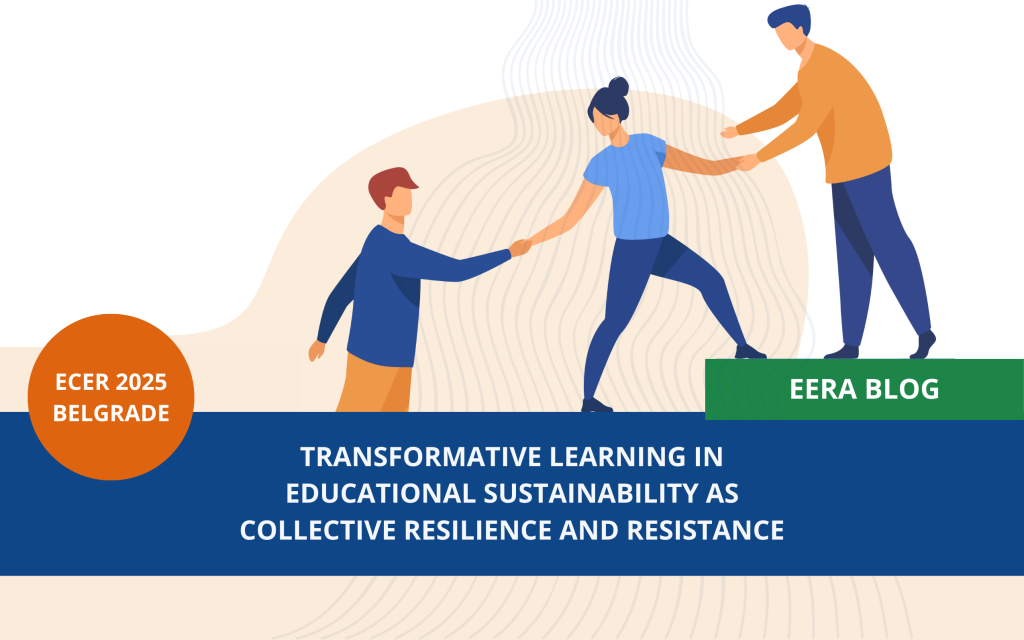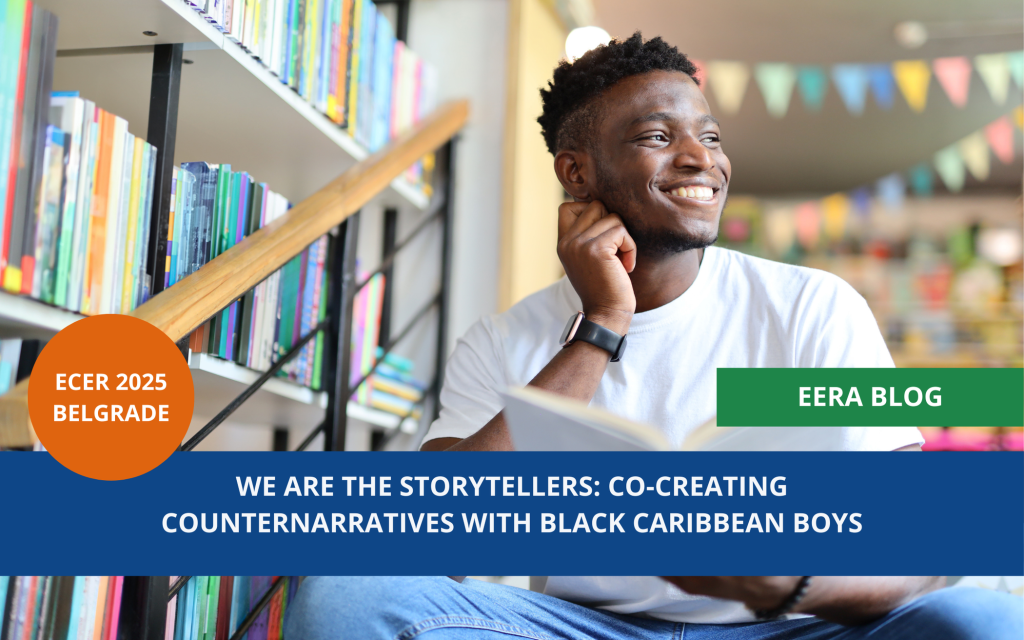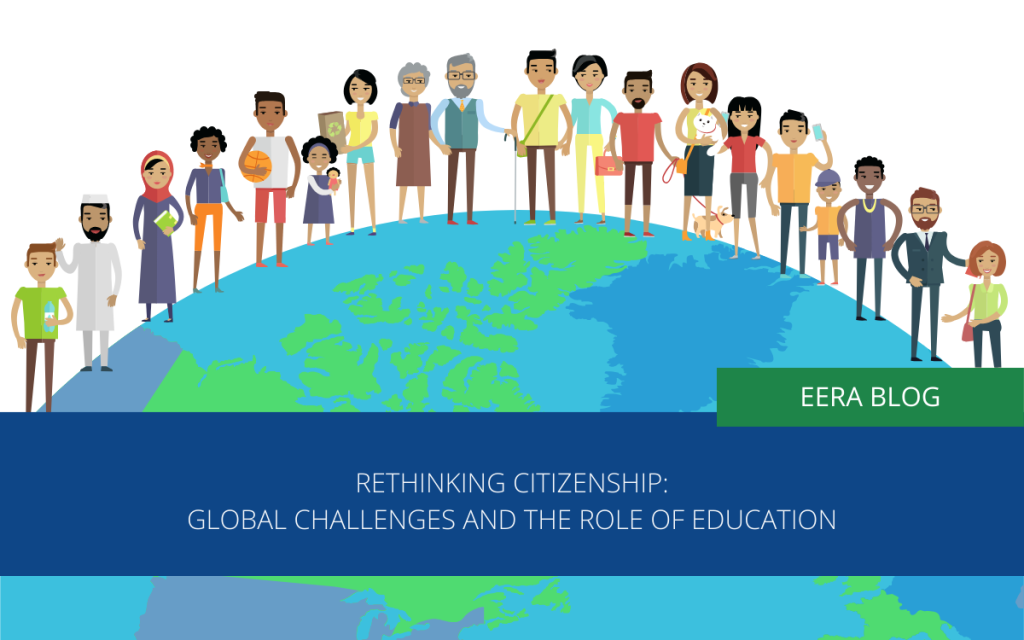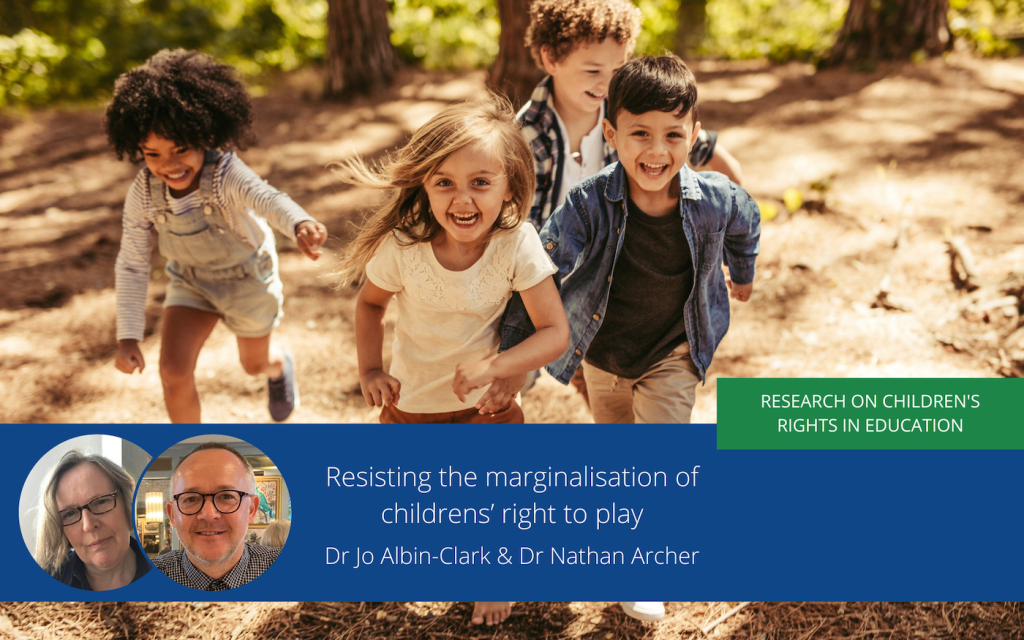Interview with Link Convenors 2019
Network Objectives
In a rapidly changing, uncertain and insecure world educational researchers have an important role to play in the development of a socially just and inclusive present and future. Network 07 “Social Justice and Intercultural Education” is interested in research that takes positionality and context into account. Against this background, under the umbrella of social justice and intercultural education, network 07 is interested in exploring topics such as social (in)equalities, well-being, multilingualism, digital, cultural and political literacies, citizenship, sustainability as well as conditions of marginalisation, racism and discrimination. If your work focuses on any of these and related topics it fits into the scope of the network.
Network 07 welcomes researchers from Europe and beyond, to share and gain knowledge about social justice in education with a view to decentring and decolonisation. This includes holistic perspectives which are informed by a knowledge of power differentials and diverse identities. They take account of intersectionality of social categories such as socio-economic status, ethnicity, gender, sexuality, religion, language and nationality.
The network encompasses theoretical, empirical or/and methodological papers focusing on the wide range of educational settings from early childhood to lifelong learning. This entails analysing and discussing policies, curricula, pedagogies, teachers (and their professionalisation), learners, communities, educational institutions, and organisations.
Related Posts on the EERA Blog

In response to recent U.S. policy shifts that threaten equity and sustainability in higher education, Dr. Erin Redman reflects on transformative learning as a collective act of resilience and resistance.
The post Transformative learning in educational sustainability as collective resilience and resistance appeared first on EERA Blog.

Using multimodal and narrative methods, this research creates heterotopic spaces where young men reflect on race, justice, and belonging. It challenges dominant narratives while centring student voices as acts of resistance.
The post We Are the Storytellers: Co-Creating Counternarratives with Black Caribbean Boys appeared first on EERA Blog.

The tension between universal human rights and national citizenship raises pressing questions about the role of education in fostering global civic responsibility. Drawing on the EU as a regional model and UNESCO’s Global Citizenship Education framework, the discussion examines both the possibilities and limits of cultivating citizenship beyond borders.
The post Rethinking citizenship: Global challenges and the role of education appeared first on EERA Blog.

Play has an essential role in children's educational lives and matters to their childhood. Play and educational justice are related concepts, and there are both implications and risks in marginalising children's right to play.
The post Resisting the marginalisation of children’s right to play appeared first on EERA Blog.
NW 07 runs a mailing list and invites researchers to join. To join the mailing list, send a blank message to nw07-subscribe@lists.eera-ecer.